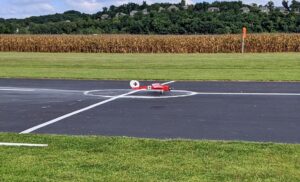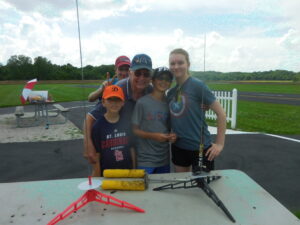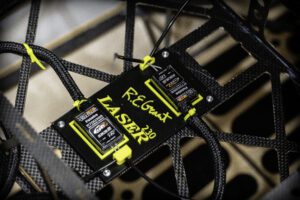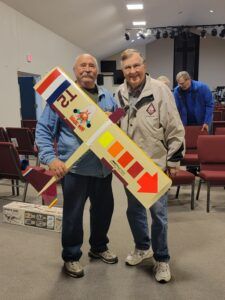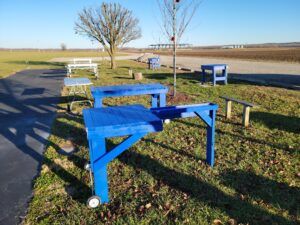Back when I used to scratch build airplanes (In this case, 3D print one) I always liked to try and use proven airfoil profiles. Sure, you can just draw something that looks like an airfoil for your project but why not use the “Actual” airfoil that was used for that airplane. Now I know that the “Purists” and “Aeronautical Engineers” out there are going say, “Because you moron, the scale, cord, wing load, speed, reynolds number, and a dozen other parameters are not the same on a model!”. I know, but over the years, some of the best flyers I have build used the actual NACA aircraft airfoils!
What is the NACA you ask?
The National Advisory Committee for Aeronautics (NACA) was a U.S. federal agency founded on March 3, 1915, to undertake, promote, and institutionalize aeronautical research. Those boys did research in all areas of aviation design, airflow, lift, drag, etc. Many say they were our secret weapon against the Axis powers in the sky! Later they re-invented themselves and we call them NASA today!
Things have changed!
I used to have this really crappy MS-Basic program that you could pick from the NACA airfoils and they would give you x-y coordinates that you would then plot on graph paper, draw a spline through the points, scale on the copier, and transfer using carbon paper to your plans. Welcome to the modern era! Now we have websites!
I usually start by heading over the “The incomplete guide to Airfoils”.


They had the NACA airfoils that the GeeBee Z used. I thought it was pretty interesting that Granny Granville and his brothers seemed to stay with what worked with the NACA M-6 Airfoil on just about all the Gee Bee’s.
Next Stop: Airfoil Plotting
Once you have selected your NACA M-6 airfoil for the Gee Bee Z, you need to cruise over to the Airfoil Tools Website for Plotting. Just click on the image below for a shortcut.

The basic process is to pick the airfoil from the drop down list in the box (NACA-M6) for us, type in the cord of the wing (width) for your model, and several other parameters. Sometimes you’ll see an airfoil that has a percentage after it. If its a small number, that is usually the % reduction like the Gee Bee R1/R2 example above. You would put 92% in the Thickness field in that case. Sometime its a larger number like 85% and you would enter that number exactly into the thickness field.
Once you have your plot, what I do is take a screen clip of it and drop it into Autocad Fusion as a Canvas, Scale it to the correct cord length using the “Calibrate” function and then trace it using the spline command. I know it sounds like a lot but its pretty easy.

Once I have the basic form as shown above, I then extrude (push/pull) it into a 3D thickness and I have a rib. I scale all the ribs and drop them in place on my model as shown below. By the way, the plan I am using for the Gee Bee I got from the Outerzone website discussed in that post a while back!

It’s been a ton of enjoyment, getting back into aircraft design after all these years. Especially with the massive amount of tools available. As many of you know, I travel extensively and modeling airplanes in Fusion is my way of building while on the road since I’m not around the workshop. I can’t wait to get some of these parts coming off the 3D printer!!!
